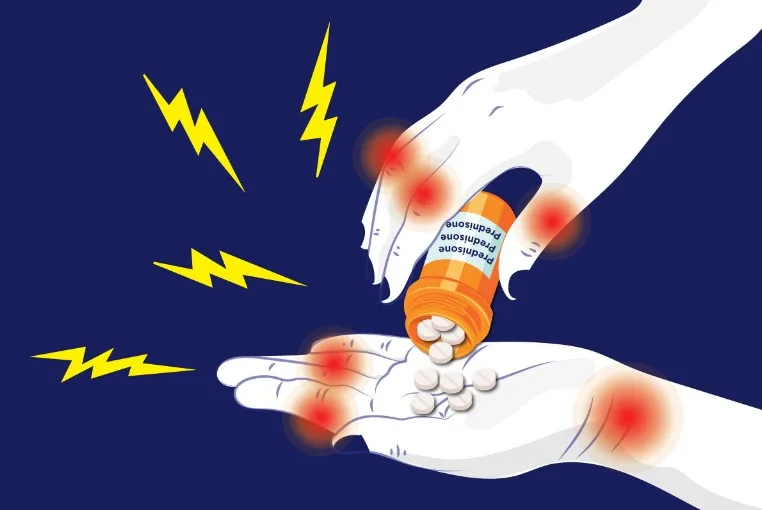
What Happens If You Eat Aluminum Foil: The Science Behind Eating Metal
What Happens If You Eat Aluminum Foil: The Science Behind Eating Metal. Aluminum foil or Alufoil is an extremely thin, lightweight metal foil that is used in cooking, baking, and electronics. That’s why it’s so common; it’s cheap and easy to find. But could you eat aluminum foil? Read this article on the science behind eating metal to learn more.
Aluminum Foil: What Can Happen if You Eat It?
The metal aluminum is used in a number of products, including food packaging and cookware. While the metal itself is not harmful, it can be dangerous if ingested. Many people are unaware of the dangers of eating aluminum foil, but there are serious health consequences that can occur if you do.
When aluminum is ingested, it can form a toxic compound called aluminum oxide in the stomach. This oxide can cause serious gastrointestinal problems, including vomiting and diarrhea. In addition, aluminum oxide can block the absorption of important nutrients from food. As a result, individuals who consume large amounts of aluminum may suffer from deficiencies in key nutrients.
The dangers of eating aluminum are especially concerning for pregnant women and young children. The metal can pass through the human body easily and can cause serious damage to the developing brain and nervous system. In extreme cases, children can even develop neurological disorders after ingesting high levels of aluminum.
So what should you do if you think you have eaten aluminum foil? If you feel ill after consuming any type of metal, seek medical attention. Additionally, be sure to avoid eating packaged food that contains aluminum foil or other metals. Instead, try cooking your food using traditional methods or using an
Health Risks of Eating Aluminum
There are a number of health risks associated with eating aluminum. The most serious potential health risks are associated with ingesting aluminum through the diet, as it can interact with the body in a number of ways.
Aluminum is a metal that is commonly used in products like cans and foil. Although the amount of aluminum that people typically consume from food is relatively low, research suggests that there are still potential health risks associated with eating aluminum.
One potential health risk associated with eating aluminum is that it can increase your risk of developing Alzheimer’s disease. Studies have found that people who have high levels of aluminum in their bloodstreams are more likely to develop Alzheimer’s disease than people who have low levels of aluminum.
Another potential health risk associated with eating aluminum is that it can increase your risk of developing Parkinson’s disease. Studies have found that people who have high levels of aluminum in their bloodstreams are more likely to develop Parkinson’s disease than people who have low levels of aluminum.
Aluminum also has been linked to other diseases, including cancer and developmental problems in children. In addition, research suggests that eating foods containing high levels of aluminum may contribute to the development
Additional Thoughts on the Topic
There are a few general points to make about aluminum foil and why it is such a concern for those with food allergies.
First, aluminum foil can be an allergen for those who are sensitive to metals. Second, the metal can cause an immune response in those with food allergies. Third, aluminum can be absorbed through the skin and into the bloodstream, which could lead to serious health concerns.
Final Words
If you’ve ever eaten aluminum foil, you may have wondered what exactly happens to it when you do. Well, wonder no more! In this article, we’ll explore the science behind eating metal and how it can impact your health. By understanding why aluminum foil is harmful when consumed in significant quantities, you can make informed decisions about whether or not to eat it on a regular basis.



